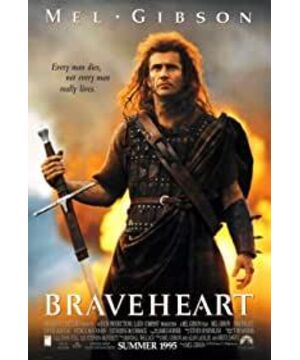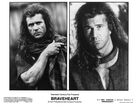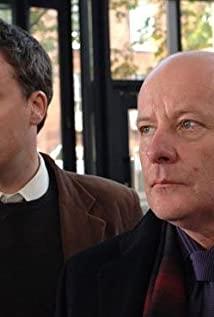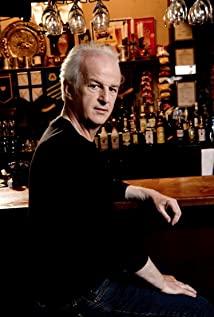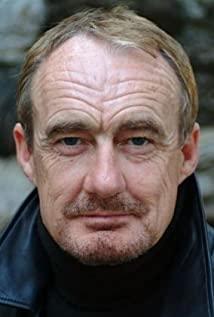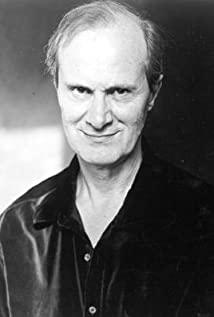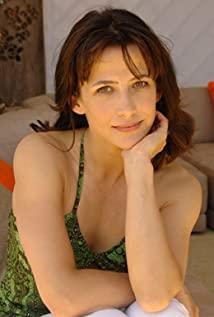I was exposed to this excellent work when I was young, but at that time I was too young and basically didn’t remember anything. I was very impressed with the famous scene of beheading, which led to the feeling of resistance to this film. I finally finished watching it the day before yesterday. The biographical films with obvious signs of Chong Ou are also very touching. The screenwriter cleverly adapted and blended the Scottish hero William Wallace who fought tenaciously with the English colonists, the French princess as the princess of England, the king with long legs, and the gay British prince, and the independent Sir Robert who led the people of Scotland. To become an epic heroic epic, as if history really happened. I thought it was a purely political propaganda film praising individual heroism and advocating American values. In fact, it is not. This story is very interesting. I will start with the plot that appeals to me the most. Wallace didn't want to rise from the beginning, but lived a quiet life surrounded by children under his knees like ordinary people. But there are finished eggs under the covering nest, even if they are married in secret. His wife was still killed, coupled with the vengeance of killing his father and brother when he was a child, he ignited the anger in his heart, and also ignited the rebellious determination of all the people of Scotland. For a time, the name of William Wallace made the English tremble. The Scot was in awe. Even such a great figure started out of selfish intention to avenge his wife's revenge. At the beginning, he did not want to choose a path that had no retreat or even a future. He also needed to pray when facing death, a little cowardly, and class limitations. Sex also caused him to fail to unite with the nobles, and eventually suffered internal and external troubles, and was doomed to fail. He did not hide his love when getting along with the princess. All these made the characters more complicated and three-dimensional, authentic and credible. Robert, who finally became the King of Scotland, is not a simple traitor. As a nobleman, he shoulders the expectations of his father, the survival of his own class, and the future of Scotland. These fetters made him unable to fight like Wallace. This contradiction and cowardice led him to betray Wallace again and again. In the end, Wallace's death strengthened his conviction and finally led the people of Scotland to freedom. This historical adaptation not only points out the direct cause of Wallace's failure, but also shows the impact of Wallace's death. Another influence was that the French princess realized the ugliness of the English royal family and found true love. The royal family retaliated and promised to govern with kindness and forgiveness. The independence and courage of the French princess are also moving. The character's versatility and complexity increase visibility and credibility, and also increase charm. Needless to say the music, with the sound of the flute, a painting of a Scottish country style slowly unfolds. The Scottish skirt, wooden houses, sheep, woods, streams, and such a quiet village have been eroded by the animals of England. This movie really exposes the fig leaf of England and even the old colonial countries. The photography is also very beautiful, and the several battle scenes are very exciting and magnificent, and the epic sense is bursting. The actors are great, Mel Gibson directed and acted by himself, which makes people overlook the value of his looks and is full of appeal. This is also the first time I have tasted the charm of Sophie Marceau, and it really shocked me. Other supporting roles are also impressive. Although freedom is relative, it cannot be trampled on by power. This is also a wake-up call to the old colonial empire. The civilization built on plunder always has a dirty background.
View more about Braveheart reviews


